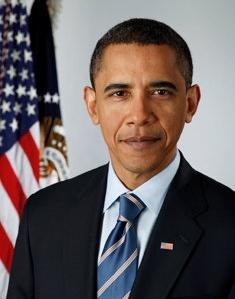As US President Barack Obama makes his first visit to Canada on Feb 19, the economy will no doubt be at the top of his agenda.
And porn producer Michael Lucas has some advice for Obama to increase foreign trade: push Canada to change its “restrictive” and “arbitrary” practice of banning porn videos that border officials determine to be “obscene.”
Xtra.ca broke the story last week that the Canada Border Services Agency has banned two Lucas Entertainment films, Farts! and Piss!, from entering the country. The agency has a list of “obscenity indicators,” and those rules prohibit videos that show people drinking urine, even if the act is consensual.
“As our economy teeters on the brink of total collapse, it would be foolish to deny access of such a high quality, proven money maker onto shelves of the Great White North’s porn stores,” says Lucas in a letter to Obama.
“As you look across the table at Prime Minister Stephen Harper during your meeting, remember that we must do everything possible to stimulate our economy and ourselves during these troubled times,” reads the letter.
Lucas told Xtra.ca last week that he wouldn’t let the border agency’s decision stop him from making fetish films.
“I’m not going to change anything because of the old-fashioned laws of one country,” he said. “For many people, [watersports are] a lot of fun and just another sexual fantasy. Some people like to get it, some people like to give it, some people like both and a lot of people like to watch it.”

 Why you can trust Xtra
Why you can trust Xtra


